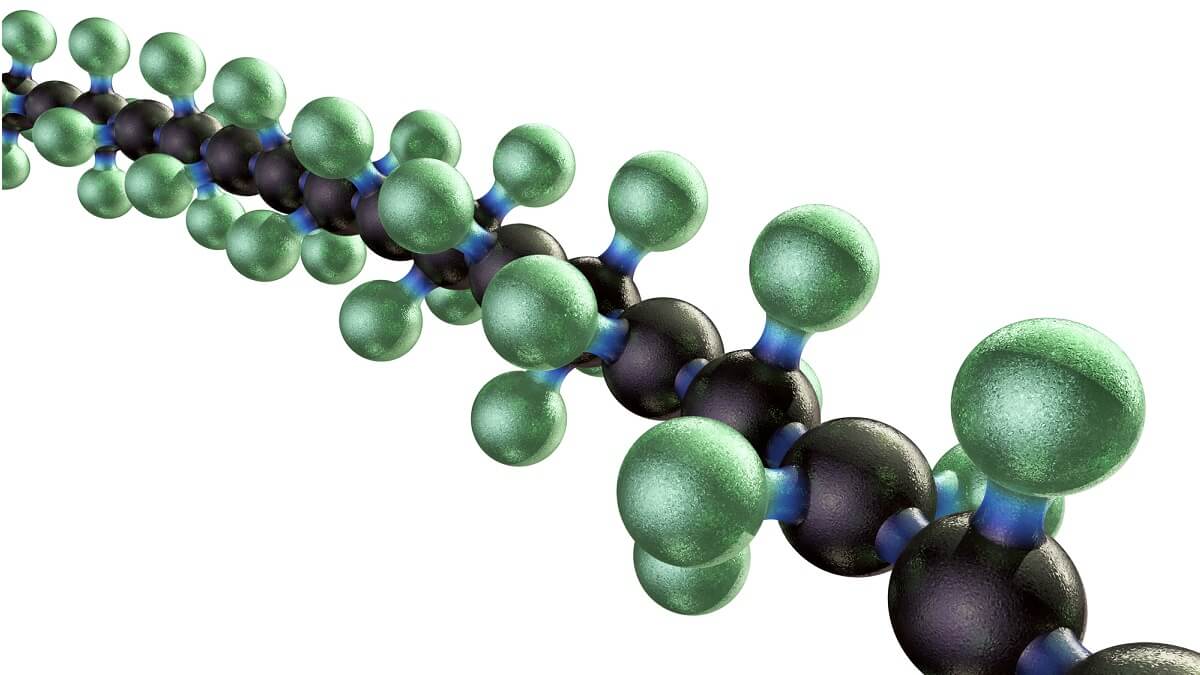Checking Out the Varied Applications and Advantages of Polymers in Different Industries
Polymers, with their varied variety of residential or commercial properties and performances, have actually ended up being crucial in numerous sectors, each reaping one-of-a-kind benefits from their application. From boosting safety and performance in the auto market to transforming clinical devices in the healthcare market, polymers play a pivotal role.
Automotive Sector Applications
Polymers play a crucial function in improving the efficiency and resilience of numerous parts within the automobile industry. These flexible products are thoroughly made use of in the manufacturing of various components, ranging from indoor parts to under-the-hood applications. One popular use of polymers in the automotive sector remains in the manufacturing of light-weight parts. By changing traditional steel parts with polymer-based choices, automobiles can attain enhanced gas effectiveness without compromising on strength or safety and security.

Healthcare Market Advantages
In different healthcare applications, the advantages of utilizing polymers are widely identified for their diverse array of useful homes. Polymers play a vital role in the healthcare industry because of their versatility, biocompatibility, and cost-effectiveness. Among the main advantages of polymers in healthcare is their ability to be customized to certain demands, such as versatility, resilience, and biodegradability, making them ideal for a variety of clinical applications.
Polymer-based products are thoroughly used in medical gadgets, such as catheters, implants, prosthetics, and medication distribution systems, because of their biocompatibility and capability to simulate natural cells. These materials can lower the threat of allergies or denials, boosting person security and end results. Furthermore, polymers are lightweight, making them ideal for wearable clinical devices and making certain patient comfort.
Moreover, polymers enable the growth of innovative therapy techniques, such as hydrogels for cells engineering and nanocomposites for targeted medication delivery. Their simplicity of handling and sterilization makes them vital for maintaining high requirements of health in healthcare setups. Generally, the diverse advantages of polymers add significantly to improvements in clinical technology and individual treatment.
Environmental Benefits of Polymers

Furthermore, polymers can add to energy savings because of their lightweight nature. In sectors such as transportation, lightweight polymer materials can help decrease fuel usage and greenhouse gas discharges. Furthermore, polymers can make it possible for the growth of energy-efficient items such as insulation products that boost power preservation in structures.
Furthermore, polymers play a critical duty in lowering water air pollution. The usage of polymer-based filtering systems can effectively remove pollutants and impurities from wastewater, securing water resources and communities. Overall, the ecological benefits of polymers make them useful properties in advertising sustainability and environmentally friendly practices throughout different markets.
Polymers in Electronics and Technology
Taking into consideration the raising need for ingenious and sustainable services in modern-day sectors, the combination of innovative polymer innovations in the realm of electronic devices and innovation has become a critical technique for driving effectiveness and performance. Polymers have actually transformed the electronic devices market by enabling the manufacturing of lighter, a lot more flexible, and sturdy electronic tools. From smartphones to medical devices, polymers play a critical function in boosting product layout and functionality.
One considerable benefit of polymers in electronics is their shielding properties, which assist shield delicate digital parts from environmental variables and electrical disturbance. i thought about this In addition, polymers are important in the growth of flexible display screens, wearable modern technology, and printed electronics, using endless possibilities for producing clever and interconnected tools.
Moreover, making use of polymers in electronic packaging has actually brought about improvements in miniaturization and thermal management, enhancing the overall efficiency and integrity of you can find out more electronic systems. As innovation remains to evolve, the adaptability and flexibility of polymers will certainly drive even more advancement in the electronic devices sector, shaping the future of innovation.
Function of Polymers in Building and Framework
The assimilation of innovative polymer products in construction and infrastructure projects has transformed the way structures are developed and built in contemporary times. Polymers use many benefits in the building market due to their flexibility, sturdiness, and cost-effectiveness. One vital duty of polymers in building and construction is their usage in finishes and sealers, offering protection versus ecological variables such as additional hints wetness, UV radiation, and rust. Additionally, polymers are utilized in the production of lightweight and high-strength composite materials, boosting the architectural stability of buildings while reducing total weight.
Additionally, polymers play a crucial role in sustainable building techniques by enabling the development of energy-efficient structures. Protecting products made from polymers assist manage indoor temperatures, decreasing the requirement for heating and cooling down systems and inevitably decreasing energy consumption - Polymers.
Verdict
Finally, polymers play an important function in numerous sectors such as vehicle, medical care, ecological, electronic devices, and construction. Their versatile residential properties make them beneficial in developing ingenious options and products. From enhancing gas effectiveness in vehicles to enhancing medical devices, polymers supply numerous benefits. In addition, their effect on minimizing waste and advertising sustainability highlights their value in contemporary applications. The extensive use of polymers shows their substantial contribution to progressing technology and improving lifestyle.